Kit Downes: Dreamlife of Debris
Kit Downes (piano, organ), Tom Challenger (sax), Lucy Railton (cello), Stian Westerhuis (guitar), Sebastian Rochford (drums) ECM 2632
Kit Downes follows 2018’s Obsidian album, an idiosyncratic solo exploration of the pipe organ, with this quintet work of other-worldly beauty.
Although largely improvised around pre-written themes (the pieces are named after galaxies), studio edits and overlays were used to heighten the sound’s celestial textures. Downes stays at the centre of the music and, while sax player Tom Challenger is never far away, the other players move in and out of orbit.
‘Sculptor’ sets the scene, Downes’s limpid piano figures combining with Challenger’s piping tenor lines, all set against a diaphanous organ drone. ‘Pinwheel’ has a creepy theme spelled out by the piano, haunted by Railton’s cello accompaniment and Rochford’s rustling cymbals. The segue into ‘Bodes’ passes almost unnoticed until Norwegian Stian Westerhuis’s guitar launches steely sheets of sound and deep space reverberation.
The programme is consummated by ‘Blackeye’, Rochford’s snare and splashing ride cymbals assailing the organ’s grandiose edifice of sound. It is jazz – but not as we know it.

Elliot Galvin: Live in Paris at Fondation Louis Vuitton
Elliot Galvin (piano) Edition EDN1146
As someone who probably had to grow a beard in order to look old enough to buy drinks at his own gigs, the prodigious musicality of Elliot Galvin is all the
more noteworthy for having propelled him past the tyro stage directly into the ranks of the UK’s most credible improvisers/ composers/deployers of musical ideas. This album draws mainly on the first (and thus also on the third) of these skills and is a joy throughout. I’ve previously reviewed his earlier The Influencing Machine in these pages and while this solo piano disc is the former’s polar opposite in terms of concept and instrumentation, his fizzing energy seems to find an even more accommodating outlet in the here-and-now discipline of solo piano performance. These six pieces by turn cavort, leap, dive and worry away at themselves like hyperactive animals, with the contained length of the superbly-recorded set at this unique venue (Google it) serving only to concentrate the minds of both player and listener. Truly remarkable.
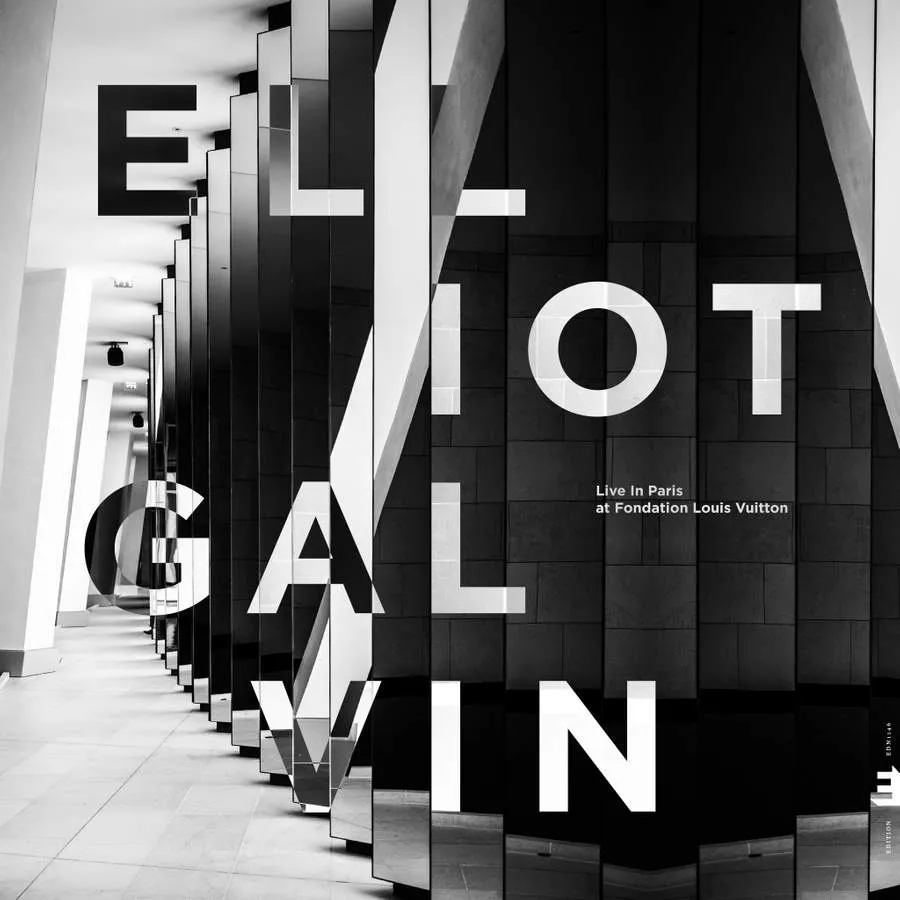
Majid Bekkas: Magic Spirit Quartet
Majid Bekkas (vocals, guembri, oud, electric-guitar), Goran Kajfes (trumpet, electric trumpet, percussion), Jesper Nordenstrom (piano, organ, synthesisers, spinet piano), Stefan Pasborg (drums, percussion, tuned gongs) Act 9896
By and large one tends to treat PR claims with a pinch of salt, but the sleeve notes to Magic Spirit Quartet, suggesting that this music builds a bridge between North Africa and Scandinavia and ‘seems to catch the very spirit of 21st-century jazz’, get it about right. Contemporary jazz is such a broad church that it embraces many denominations, ancient and modern. This quartet blends elegant, bleakly beautiful Nordic airiness with rich textural and rhythmic elements from the Mahgreb (Arabic North-West Africa) and draws in Mali via the Desert Blues elements that emerge on some tracks.
Jazz stakes its claim strongly on some tracks and merges into the tapestry elsewhere, but categorisation seems increasingly less important than the vibrant interplay, seductive sonorities and entrancing atmosphere of this music. Bekkas gets top-billing for this release, but everyone plays a crucial part in creating the gorgeous colours and exhilarating pulses applied to four traditional tunes, two Bekkas compositions and one collective improvisation. The interweaving of lines is complex but never confused, maintaining a pristine freshness and elegant lucidity. The sound quality is excellent too.
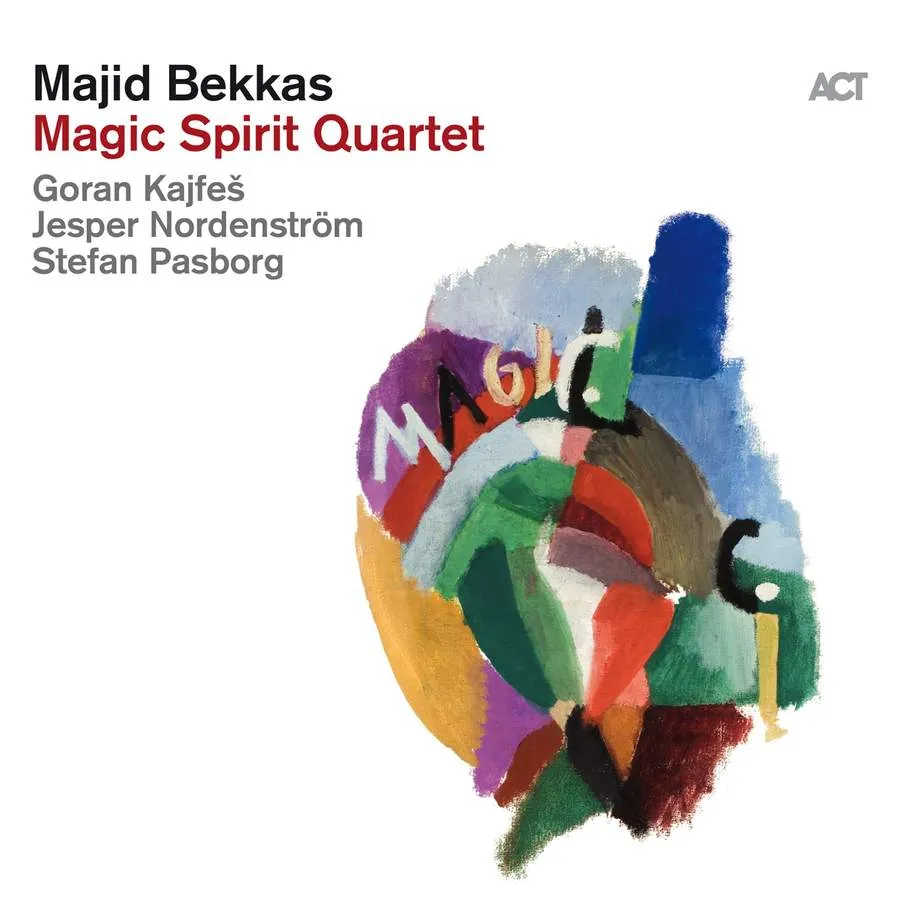
Charles Lloyd: 8: Kindred Spirits (Live From The Lobero)
Charles Lloyd (saxophone), Julian Lage (electric guitar), Gerald Clayton (piano), Reuben Rogers (bass), Eric Harland (drums) Blue Note 0854593
Charles Lloyd is one of a handful of jazz elders who’ve sustained popular success while keeping his credibility among purists. He’s done it without radically changing the blissed-out sound that seduced festival goers in the Sixties. This glorious live recording, made in his hometown of Santa Barbara, is an account of Lloyd’s 80th birthday celebrations last year and finds the tenor guru still on transcendental form.
Moving through classic material from his early rep, such as the ecstatic ‘Dream Weaver’ (from 1966), to current tear- jerking favourites like the Mexican folk tune ‘La Llorona’, Lloyd’s teetering tenor lines are transfixing.
Wilfully clangourous guitar interjections from young Telecaster-toting Julian Lage ensure that the group sound isn’t too lachrymose, though the inclusion of guest Booker T Jones grinding out his R&B hit ‘Green Onions’ comes as a surprise.
But actually, it’s just the sort of mischievous addition that’s kept Lloyd devotees on message across the decades. Collectors should know that Blue Note has pushed the birthday boat out and a ‘deluxe’ box set also includes a 96-page hardcover book and two lithographs, as well as LPs and a DVD.
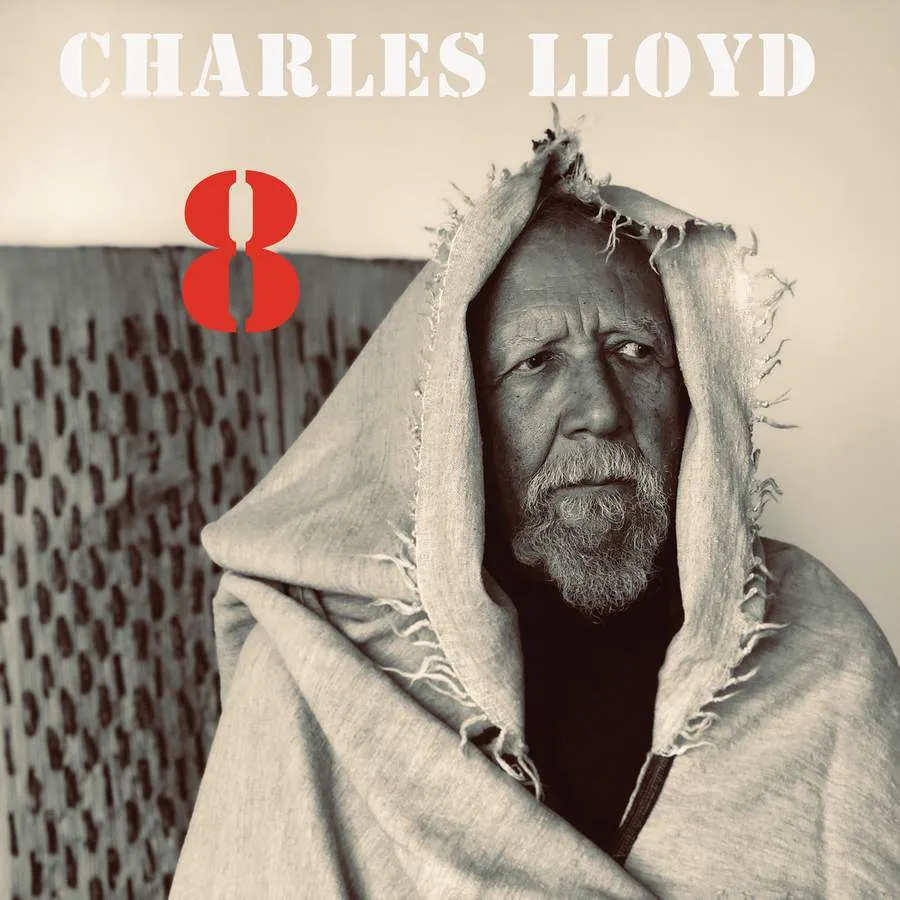
Enrico Pieranunzi: Common View
Enrico Pieranunzi (piano), Jasper Somsen (double bass), Jorge Rossy (drums) Challenge CR73459
Here’s a fine outing from a pianist noted for his ability to stir unexpected concepts into jazz that seem to fit perfectly and naturally but that never seem to occur to anyone else. There are ideas here that Beethoven would have spun into a sonata, Chopin into a slightly wayward dance form or Keith Jarrett into a set-long improvisation, but Pieranunzi (together with his sidemen, both cited as co-composers) simply lets them develop and transform seemingly of their own volition while also discreetly shaping them into what can only be described as romantic post-bop.
All of the above is enhanced by his natural warmth as a performer, even if he does overuse the sustain pedal on occasion. Good tunes with plenty of substance, then, on the third impeccably recorded CD from this empathetically bedded-in trio.
The programme’s relative brevity absolutely works in its favour given the concentrated nature of the music. The piano trio is an overused workhorse that well-intentioned up-and-comers in particular are inclined to flog to death; I do hope a few of them listen to this set.
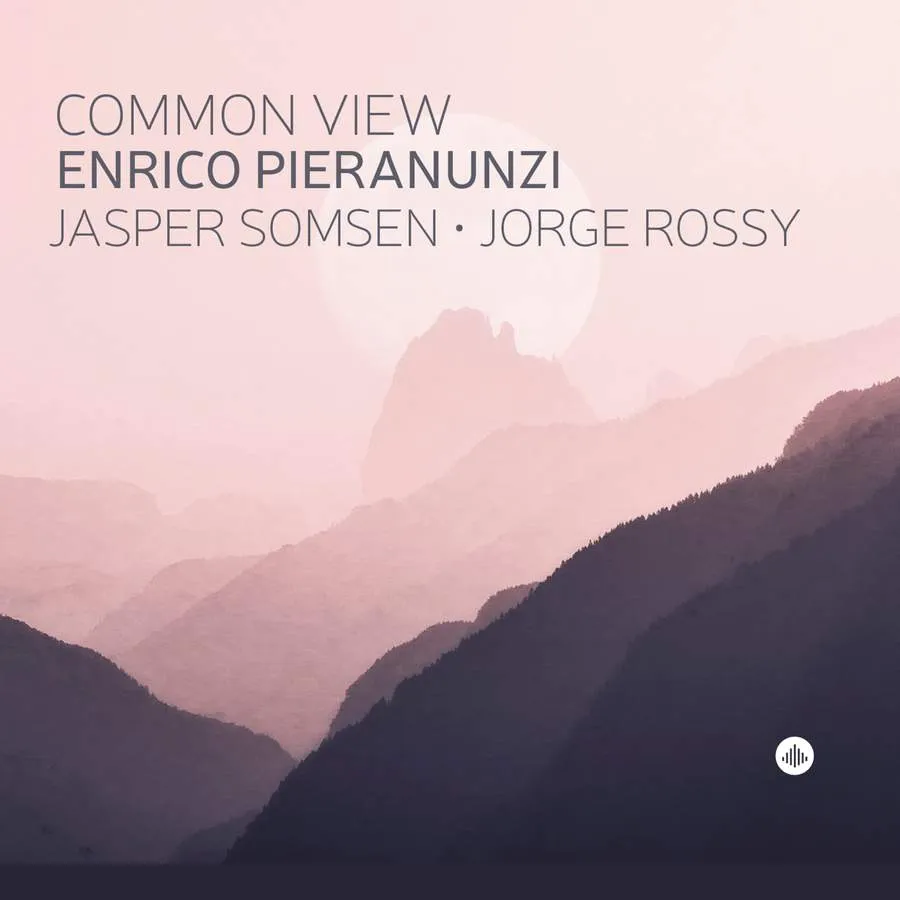
John Law’s Congregation: Configuration
John Law (piano), James Mainwaring (sax, guitar, electronics), John Long (bass), Dave Smith (drums) Ubuntu UBU0036
I first encountered the music of John Law in the early 1990s when he was working broadly at the avant garde end of the spectrum with his own quartet and that of saxist Jon Lloyd. As a pianistic prodigy he studied classical music, and drew on both the classical and jazz traditions with his outstanding 1994 album Talitha Cumi: Meditations on the Dies Irae. He has continued to range widely, as in the 2013 electronic set Boink! and his 2014 recording of Bach’s Goldberg Variations.
Configuration by his current band Congregation is something else again, deftly mixing in elements of rock and fusion, with some compositions echoing Minimalism, notably the two versions of ‘The Kiss’ which bookend the album. On ‘Disfigured Bass’ there is more than a cursory nod to JS Bach. None of this seems like contrivance, nor does it ever betray the jazz soul of the music. Whatever the springboard, the improvisations are fluid, compelling and well developed, ranging from funky to impressionistic (such as the opening section of ‘Scandinavian Lullaby’ with its effective use of electronics) and always gripping the attention.
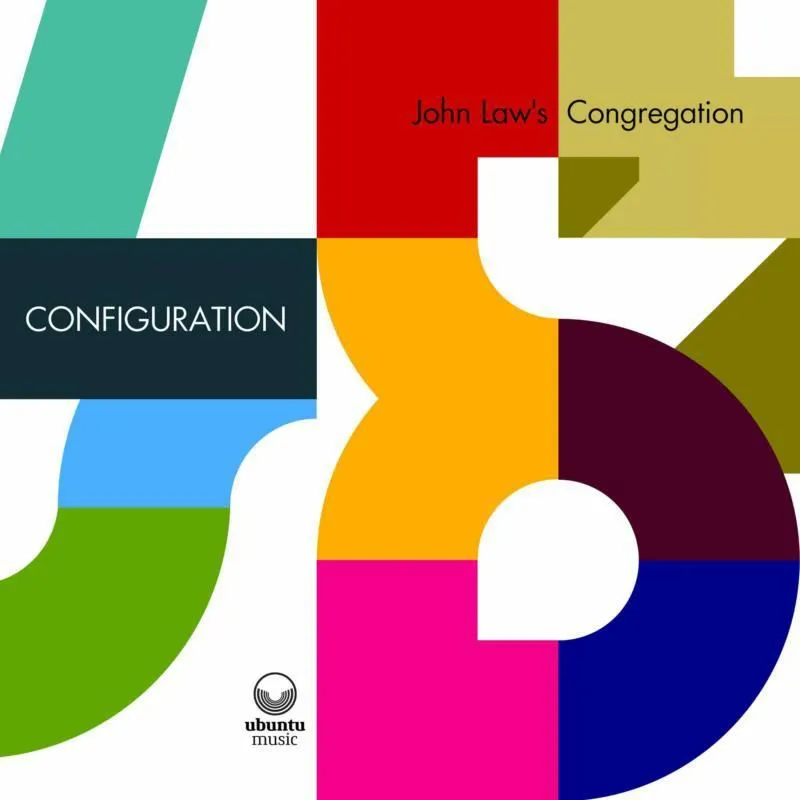
John Scofield: Swallow Tales
John Scofield (electric guitar), Steve Swallow (bass guitar), Bill Stewart (drums) ECM 2679
The electric guitarist John Scofield comes full circle with this fine trio release, revisiting original pieces from veteran bass player Steve Swallow’s repertoire – accompanied by the composer himself. Scofield first met Swallow when he was a 20-year-old student at Berklee College, and the bassist’s beguiling, compact tunes were a training staple there. The pair have collaborated often over the 40 years since. Bill Stewart has long been Scofield’s go-to drummer.
The trio’s close rapport means they can nail a deeply satisfying session like this in just an afternoon. The pretty, song-like ‘She Was Young’ sets the scene, Scofield and Swallow’s lines melting into one another, the guitarist eventually diverging with suggestions of rhythm and blues; Stewart’s touch is lighter than air, yet he creates an atmosphere that crackles with energy.
The classic ‘Falling Grace’ begins all warm toned and lyrical, Swallow walking the bass up and down behind Scofield before artfully breaking time in his solo to lift the temperature. The musical synergy is thrilling. As Scofield succinctly puts it in the CD liner: ‘When we play it’s like one big guitar, the bass part and my part together’.
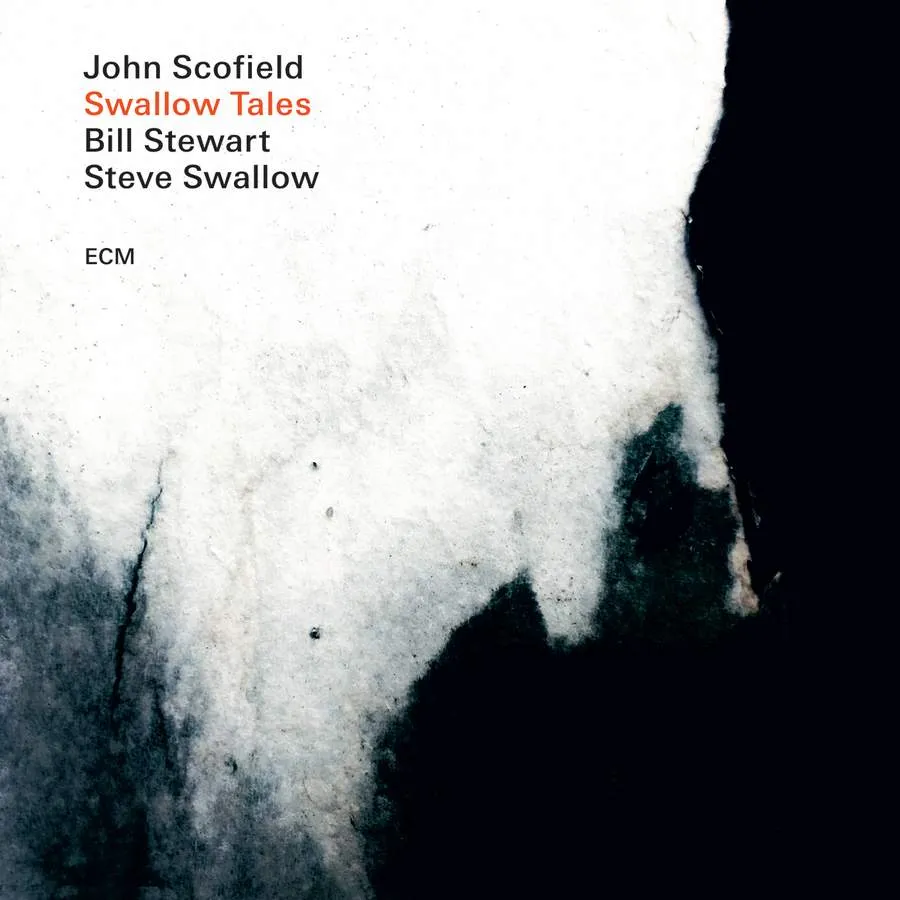
Shabaka and the Ancestors: We Are Sent Here by History
Shabaka Hutchings (tenor sax), Mthunzi Mvubu (alto sax), Siyabonga Mthembu (voice), Ariel Zamonsky (bass), Gontse Makhene (percussion), Tumi Mogorosi (drums), Nduduzo Makhathini (piano), Thandi Ntuli (piano), Mandla Mlangeni (trumpet) Impulse! IMPB003163202.2
Reflecting his both informed and enquiring viewpoint, Shabaka Hutchings fronts several notable groups. This formidable unit, in which he works with a group of South African musicians, is now on its second album that also marks its Impulse! debut. Tagged occasionally offhandedly as anything from ‘Afrobeat’ to ‘spiritual’ and even ‘old-school’ by listeners and pundits while described by its convener as an extension of the African griot tradition of storytelling and the preservation of history, the album blends poetry and chants with driving, drum-driven instrumental statements reminiscent of Steve Coleman, whose early influences Hutchings no doubt shares.
The narrative theme of this set of pieces is literally post- apocalyptic: the End of Days has already happened, so what happens next? It’s at this point that we begin to address the extraordinary music itself, which is uncontainable in its energy, gravity and the sense of indefatigable potential that it can’t help but generate; perhaps the album’s ultimate message lies there, in which case ‘timely’ doesn’t quite cut it. Irresistible.
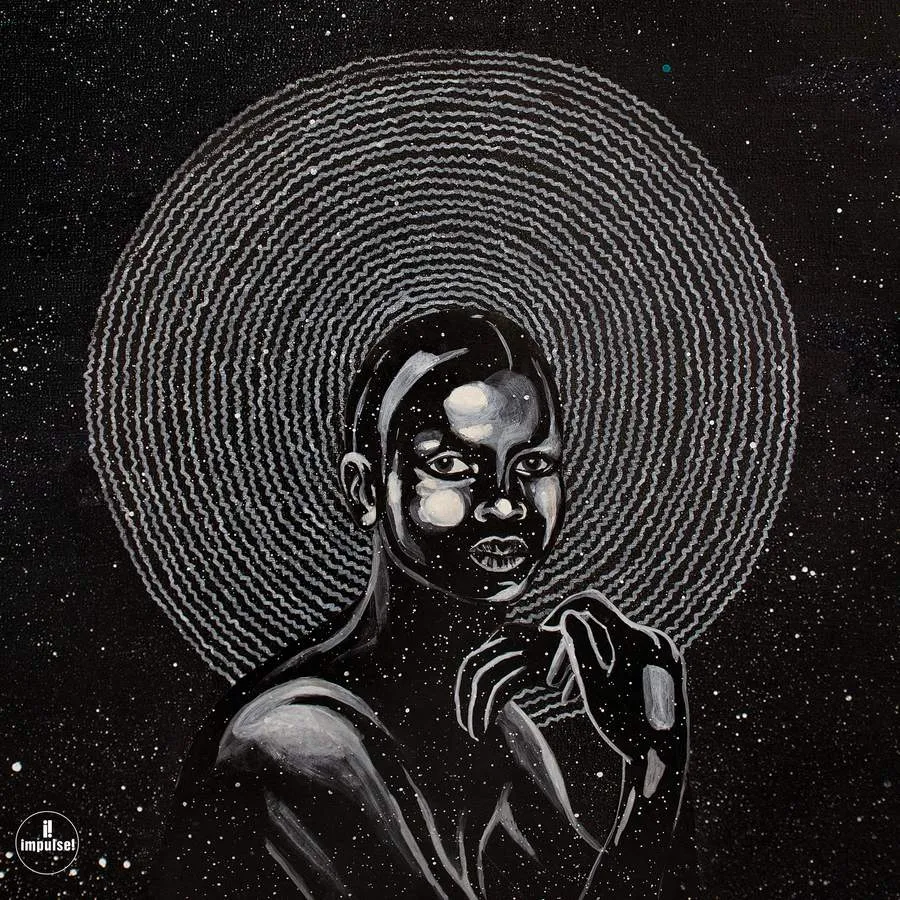
Bill Frisell Trio: Valentine
Bill Frisell (electric guitar), Thomas Morgan (double bass), Rudy Royston (drums) Blue Note 0899210
Improvising guitarist Bill Frisell’s albums are frequently folk-tinged, often nostalgic for another American era, or they draw on a different culture altogether. But his music always has a surreal quality. Valentine, the sublime new trio album with bassist Thomas Morgan and drummer Rudy Royston, is a concentrated mix of all those facets.
Recorded on the back of two intense years touring together, the trio’s playing is not so much in the pocket as in one another’s pocket, Morgan and Royston transcending the rhythm section role to occupy the same space as Frisell in ways that intensify the trio’s sound.
The title number is a wonkily swinging paean to Thelonious Monk, a conversation between Morgan and Frisell that’s broken up by Royston’s drums talking over them. For Bacharach’s cheesy ‘What The World Needs Now’, the leader spells the tune out against shimmering cymbals, guitar lines entwined by Morgan’s bass; with its thickly flowing rhythmic undertow, ‘Baba Drame’, a number by Malian singer Boubacar Traoré, recalls Frisell’s past group The Intercontinentals.
Approaching 70, with more than 50 albums as leader, Frisell’s curiosity and capacity for quirky invention continues to amaze.

TRYPL: Trypl
Ryan Quigley (trumpet); Trevor Mires (trombone), Paul Booth (saxes, flute, bass clarinet); AlexWilson(piano);Dimitris Christopoulos (bass); Edwin Sanz (percussion); Tristan Banks and Davide Giovannini (drums) Ubuntu UBU0063
By and large, I’m not a big fan of Latin-jazz, but TRYPL may well have converted me with this self-titled debut CD. The front-line players have worked together as a horn-section on numerous recordings and gigs with many salsa and merengue bands, so this album seemed like an idea waiting to be realised, although it’s taken three years to appear – kudos to the ever- enterprising Ubuntu label for issuing it now. It’s certainly been worth the wait. Tight ensembles, driving rhythms and exuberant, gripping solos with a dash of soul add up to a welcome tonic in these testing times.
All but one track (Osvaldo Farres’s graceful ballad ‘Tres Palabras’, which features poignant contributions by Booth, Quigley and Mires) were composed by members of the band and complement each other nicely. My usual problem with Latin-jazz is that the plethora of percussion can sound like someone running riot in a restaurant kitchen, but here Sanz and the drummers (alternately Banks and Giovannini) work together tastefully yet still excitingly. Wilson and Christopoulos admirably complete the line-up with fine solos as well as providing sterling support.
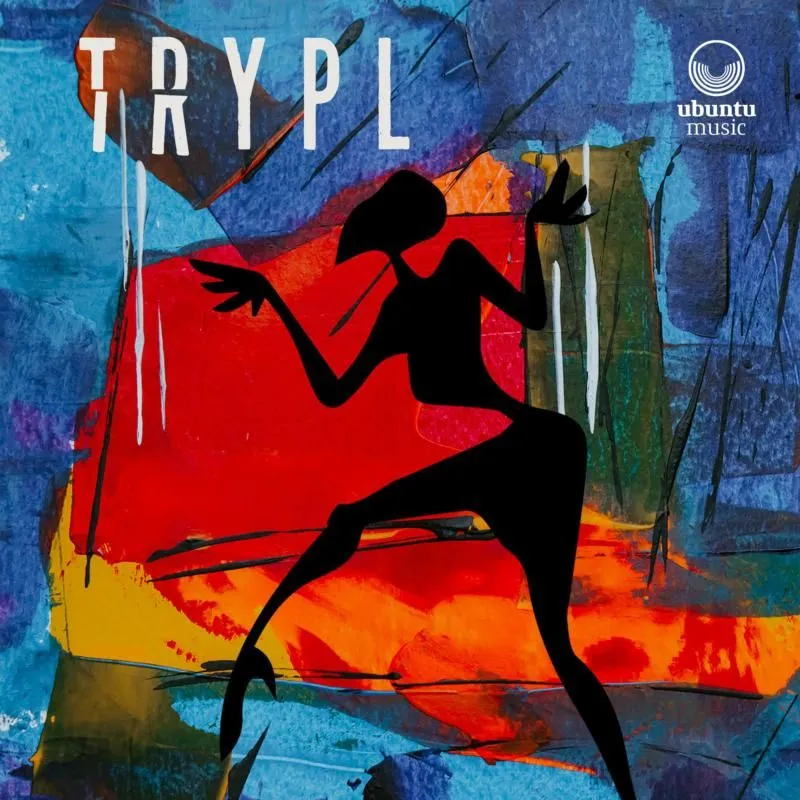
Brad Mehldau: Suite: April 2020
Brad Mehldau (piano) Nonesuch 007559 791928
Will critics dub this the COVID era if it lasts long enough? We’re now seeing works in many artistic fields created as a response to the current situation, of which this solo piano album is one. It’s brilliantly odd, but would have been so under any circumstances. Very few jazz composers have that peculiar talent for writing successful miniatures at the best of times, but Mehldau not only succeeds with these 15 pianistic snapshots but does so in a way that is perfectly evocative of their subject matter and circumstances.
With titles like ‘uncertainty’ and ‘family harmony’, their lower- case designations reinforcing the tentative subtlety of the music, these pieces depict all the states of mind and physical situations that have taken on so much new meaning, capturing them with a series of attributes – cautious, indulgent, soothing, tense, reflective, grateful, menacing, caring, reassuring, platitudinous – that exposit their themes like perfect haiku. The recorded sound is occasionally slightly clangorous, but not enough to matter. Overall, utterly extraordinary.
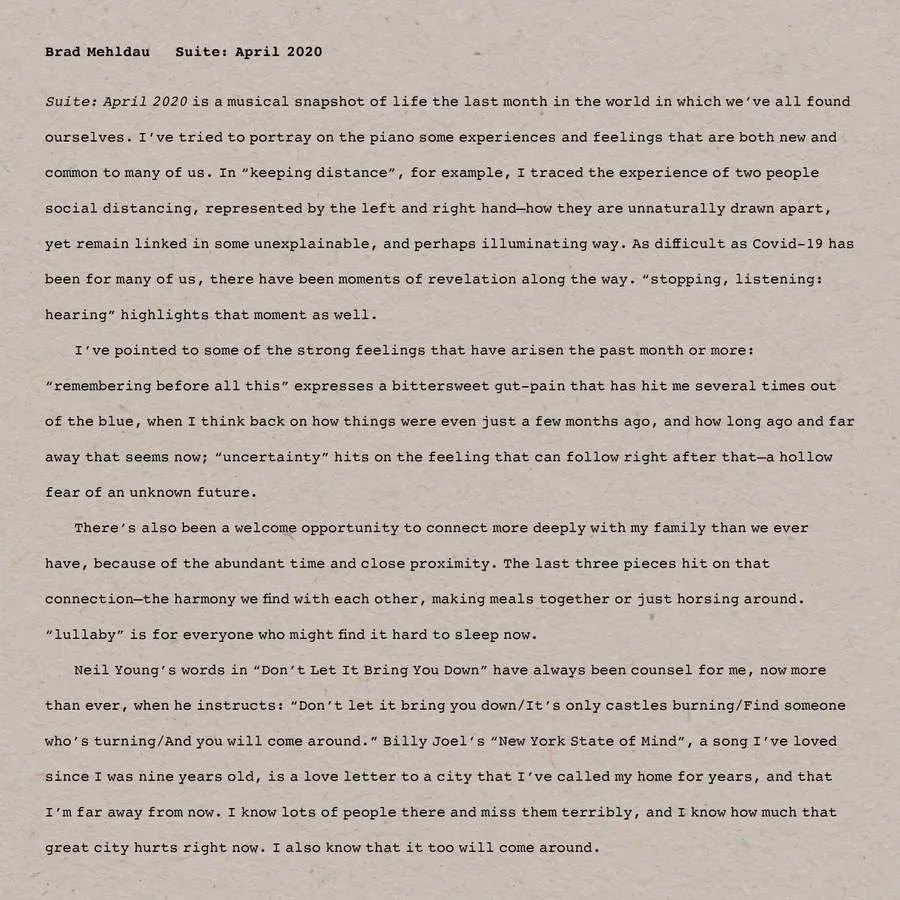
Tigran Hamasyan: The Call Within
Tigran Hamasyan (piano, keyboards), Evan Marien (electric bass), Arthur Hnatek (drums) Nonesuch 0075597920291
Jazz music produces mould-breakers by its very nature, but the seismic sound of pianist Tigran Hamasyan is something else. Brought up in earthquake-prone Armenia on a diet of prog rock, electronic era Miles Davis and local folk music, Hamasyan is a jazz fusion phenomenon.
Lauded on his arrival in the jazz world a decade ago by the likes of Herbie Hancock, Hamasyan’s dizzying Cecil Taylor-style avant-gardism and power trio riffing, shot through with folk themes, has also found favour with rock and modern classical audiences. This fourth album for Nonesuch renews Hamasysan’s commitment to his home culture, and densely packed compositions incorporate Armenian modes into fiery, sometimes bewildering, improvisation across 10 tracks.
The opener, ‘Levitation 21’, puts us on notice of what’s to come with its headlong drum/bass rhythm and careering piano lines that are paused intermittently by melismatic vocal harmonies. ‘Ara Resurrected’ is another torrent of heavy chording, darkened by a keyboard fuzz effect, while on ‘Vortex’ the leader’s synth engages with guest Tosin Abasi’s soaring metal guitar.
File under F for fantastic, in both senses of the word.
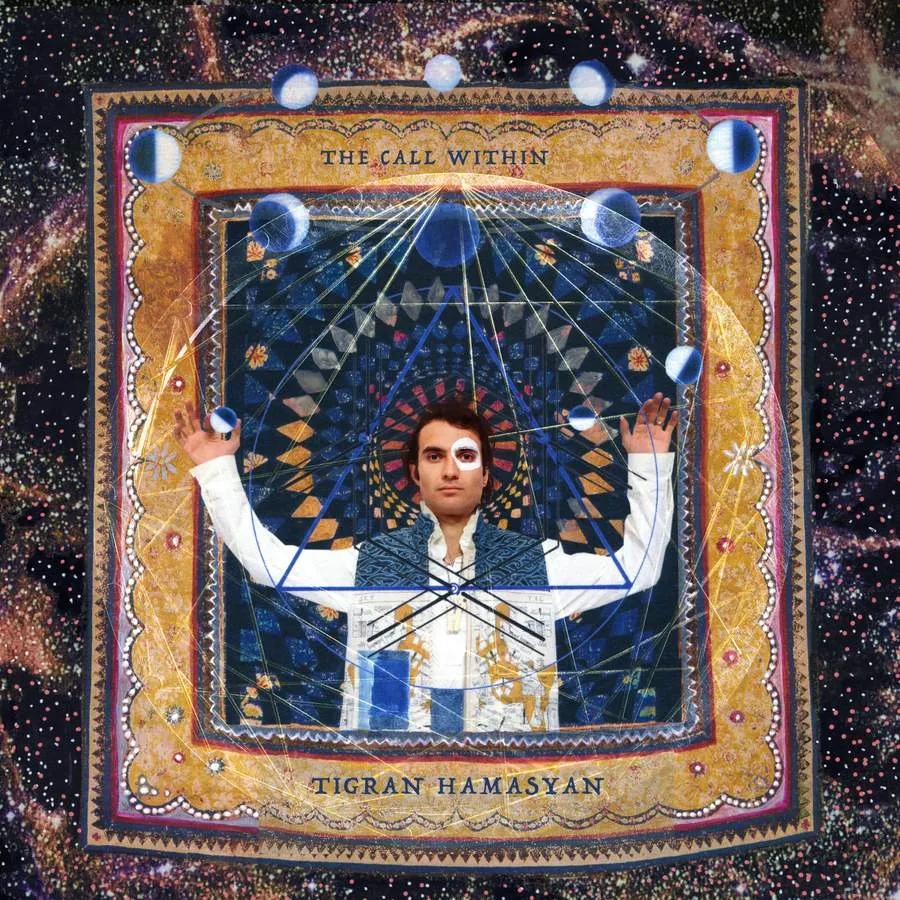
ARTEMIS: Artemis
Renee Rosnes (piano, MD), Melissa Aldana (tenor saxophone), Anat Cohen (clarinet), Ingrid Jensen (trumpet), Noriko Ueda (bass), Allison Miller (drums), Cécile McLorin Salvant (voice) Blue Note 893738
Occasionally a band seems to spring from nowhere, mines its chosen traditions for new and exciting material and captivates its audience seemingly before the ink has had a chance to dry on the press release.
It’s never entirely true, of course, but with its debut album this all-female septet (and culturally we still can’t commit ourselves to whether that fact alone should or shouldn’t amount to news) seems to do all of the above. The main untruth lies in the mixture of chance encounters, agreement on good ideas and the network of recommendations that actually brings such gatherings together in their own time; when it sounds as if the resulting band has been together for a decade, you know it works.
This set of animated new pieces moves through a wide range of inspired contemporary material with a rare combination of celebratory energy and grace. That said, we should expect this from any project directed by Renee Rosnes, whose far-sighted melodic sense provides the perfect thread uniting some very talented players.
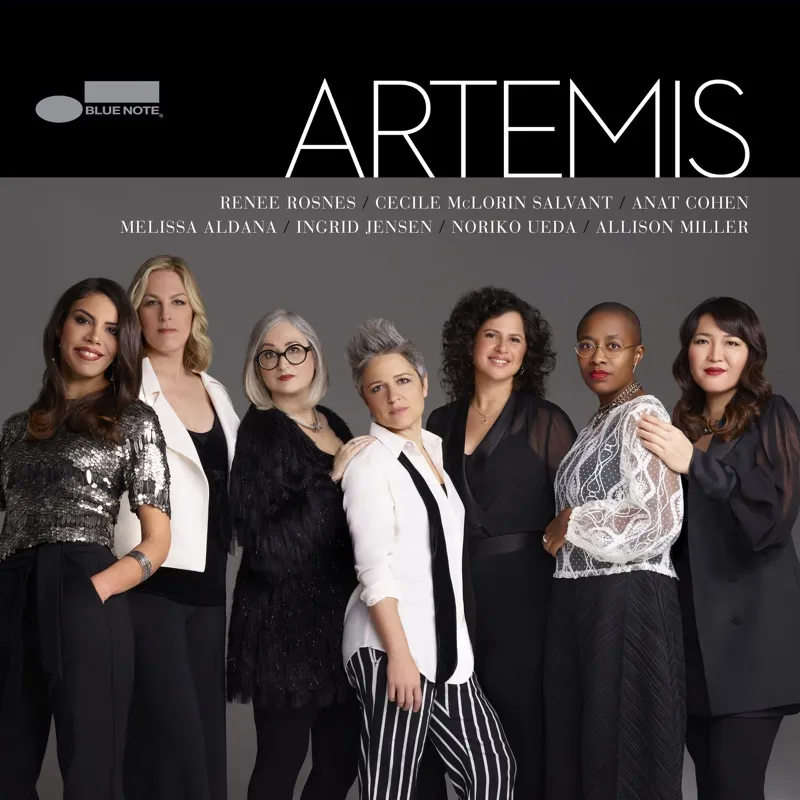
Read more reviews of the latest jazz recordings here
Like jazz? Try these...